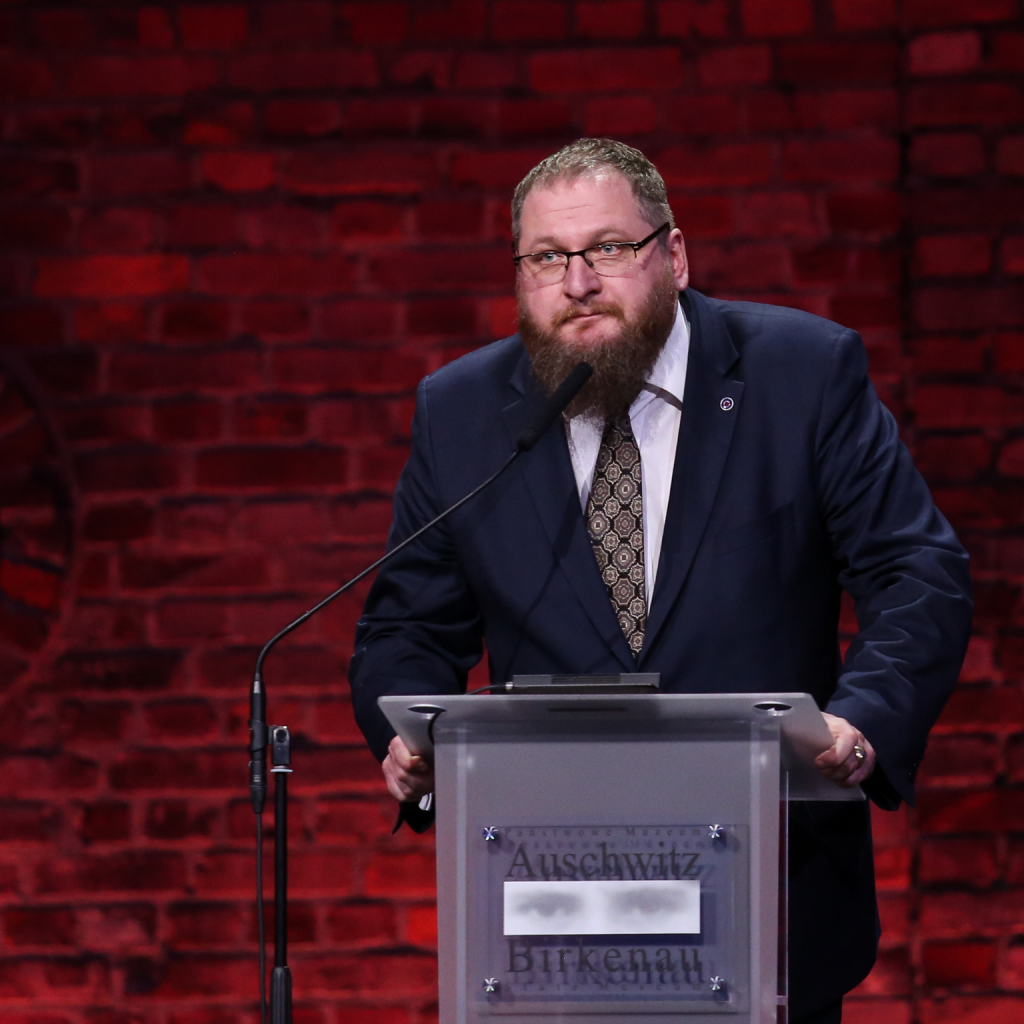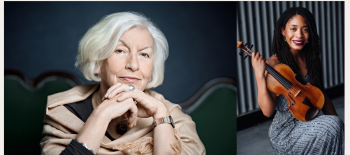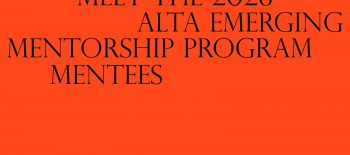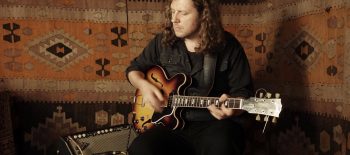Book by Piotr Cywiński
ISBN: 978-83-7704-366-0
Auschwitz.org
“Auschwitz. Monograph of the Human” is the first attempt – on a global scale – to delve so deeply into human emotions inside the camp. It is a must-read for those seeking to understand what Auschwitz was all about.
The book is divided into more than thirty chapters, each devoted to a separate subject. They include, among others, “Initial Shock,” “Loneliness,” “Death,” “Hunger,” “Friendship,” “Empathy,” “Decency,” “Struggle and Resistance,” “Culture and learning,” “Fear,” and “Hope.” One great asset of the book is the extremely aptly chosen quotations from nearly 450 Auschwitz survivors.
Each chapter of the book can be treated as an independent analysis of a single issue. However, it is only when read as a whole does it provide an overview of the complicated emotional world of people uprooted from their daily lives and thrown into a world that one of the prisoners called the heart of hell.
In the last chapter of the book “Auschwitz. A Monograph on the Human” entitled “Conclusions”, Piotr Cywiński wrote: “I hope that my attempt to restore the perspective about which the survivors had spoken, which we were unable to sufficiently comprehend, will fulfil my obligation to their words, memories and warnings, and with regard to them specifically. I also hope that it will serve as a proposal for a new approach in the historiography of concentration camps and extermination camps, as well as perhaps other studies of genocides—so that human experiences, studied in the polyphony of voices of memory become the focal point of research. We owe it not to the survivors, but to ourselves. And to future generations. This experience was too important, too severe and too deadly to be expressed exclusively in numbers, dates and facts. Analyses should focus on more important, far more important issues than strictly factual findings.”
Learn more in 4 QUESTIONS FOR PIOTR M.A. CYWIŃSKI FROM THE AUSCHWITZ MUSEUM

Born April 16, 1972 in Warsaw. Doctor of humanities, medieval historian, graduate of Marc Bloch University in Strasbourg, the Catholic University of Lublin, and the Institute of History of the Polish Academy of Science. Director of the Auschwitz-Birkenau State Museum in Oświęcim since 2006.
Vice-president of the Warsaw Catholic Intelligentsia Club from 1996-2000, and president since 2000. A participant in the Polish-Jewish and Christian-Jewish dialogues, the Ukrainian-Polish dialogue, and other borderland dialogues. Graduate of the International Borderland School for Cultural, Educational, and Social Leaders Acting for the Sake of the Multicultural Regions of Central-Eastern Europe. Member since 2002 of the Polish Episcopate Working Group for discussions with the Greek Catholic Church in Ukraine. Member of the Polish Council of Christians and Jews since 2007. Named Ambassador of the International Year of Intercultural Dialogue in 2008.
In charge of accreditation for the 1999 visit to Poland by John Paul II, and later plenipotentiary of the board of the Polish Information Agency. Executive vice-director from 2000-2002 of the Europalia 2001 Poland Festival, and later head of the foreign programs department in the Adam Mickiewicz Institute.
Co-founder of the St. Adalbert Forum, which brings together several score Christian movements and associations desirous of working together for the sake of a Christian contribution to the shaping of Europe. Chairman of the Board of the Forum, whose greatest achievement to date has been the Gniezno Congresses in March 2003, 2004, September 2005 and June 2007. Deputy chairman for Europe of the Pax Romana International Federation of Organizations of Catholic Intellectuals in 2004-2008.
Member of the International Auschwitz Council, and its secretary from 2000-2006. From 2005-2014 deputy chairman of the Council of the International Center for Education about Auschwitz and the Holocaust. From 2010-2016 member of the Council for the Protection of Memory of Combat and Martyrdom (ROPWiM) and from 2009-2018 member of the Board of Museums at the Minister of Culture and National Heritage. Nominated by Władysław Bartoszewski as Chairman of the Auschwitz-Birkenau Foundation, which he co-founded. Co-founder and chairman of the board of the Auschwitz-Birkenau Institute, chief expert of the Center for Research on Economics of Memorial Sites (at SWPS University of Social Sciences and Humanities), co-founder and chairman of the Society for Management of the Memorial Sites.
In 2009-2017 Member of the Board of Trustees of the II World War Museum to be built in Gdańsk. Member of the Board of the Foundation for the Maximilian-Kolbe-Werk, founded by the German Episcopate Conference. From 2010 a member and from 2011 a Board Member of the Maison d’Izieu Memorial in France. From 2015 a member of ‘Memorial’ in Moscow. Between 2017-2021 he was a Chairman of the Program Board of the Jewish Historical Institute in Warsaw.
Author of many books. His most important publications are: “Epitaph”, five volumes from the series “”Miejsce Prawdy” (The Place of Truth): “Początki Auschwitz w pamięci pierwszego transportu polskich więźniów politycznych” (Beginnings of Auschwitz in the memory of the first transport of Polish political prisoners), “Zagłada w pamięci więźniów Sonderkommando” (Extermination in the memory of the prisoners of Sonderkommando), “Marsz śmierci w pamięci ewakuowanych więźniów Auschwitz” (Death March in memory of evacuated Auschwitz prisoners), “Sny obozowe w pamięci ocalałych z Auschwitz” (Camp dreams in the memory of Auschwitz survivors), “Rampa obozowa w pamięci Żydów deportowanych do Auschwitz” (Camp ramp in the memory of the Jews deported to Auschwitz). He is also a co-author of the extended interview with Professor Władysław Bartoszewski “Mój Auschwitz” (My Auschwitz), compendium “Auschwitz from A to Z. Illustrated history of the camp” as well as catalogue “Auschwitz Legacies”.



